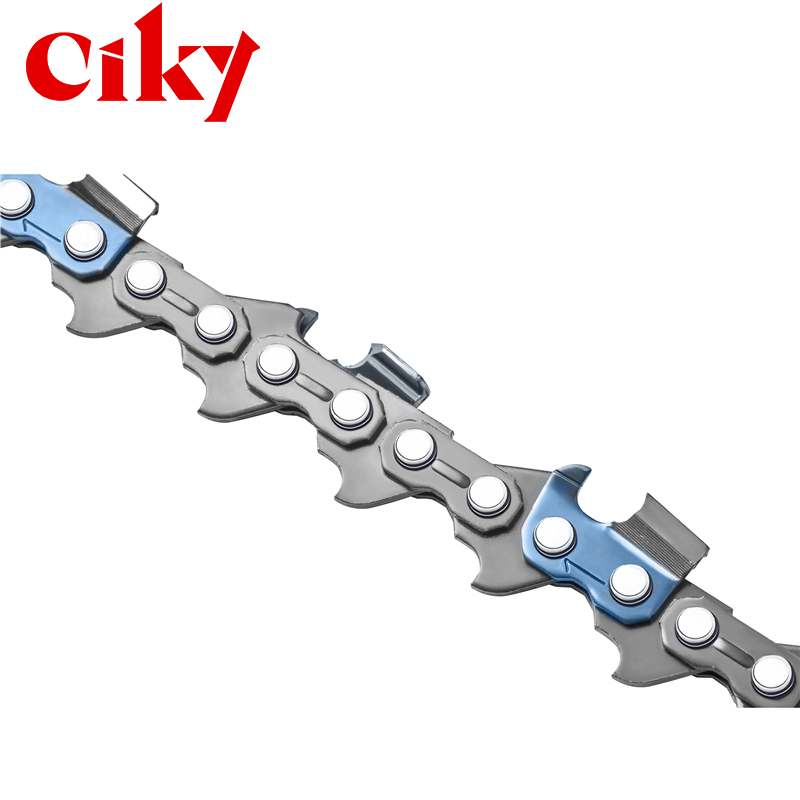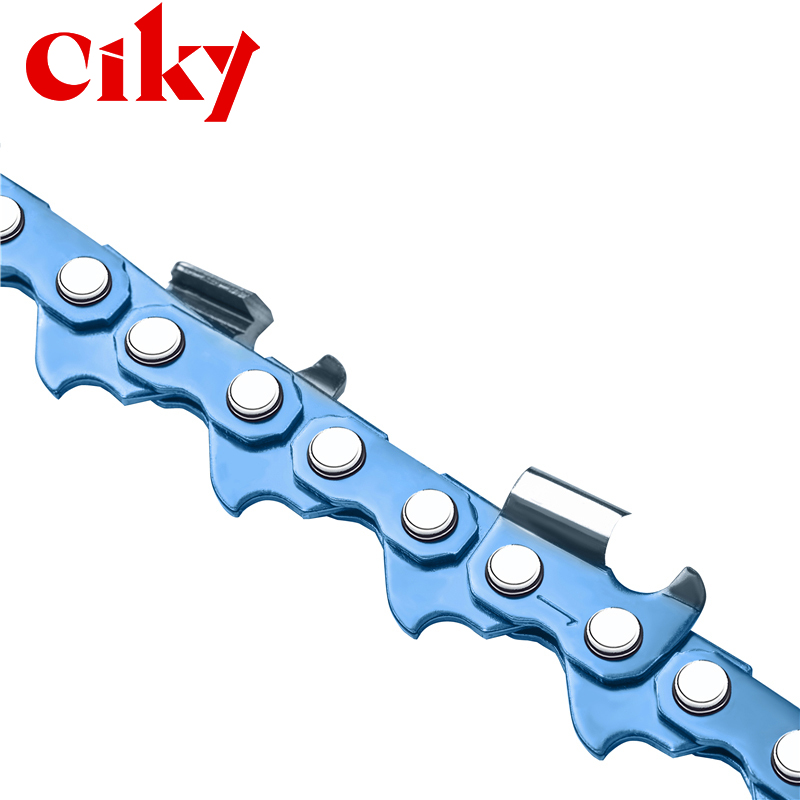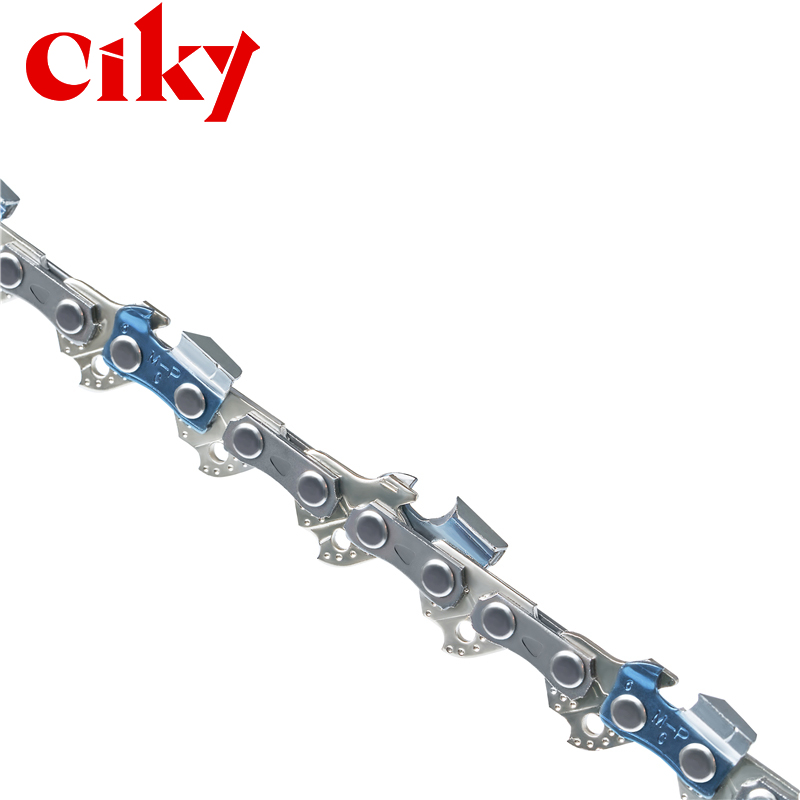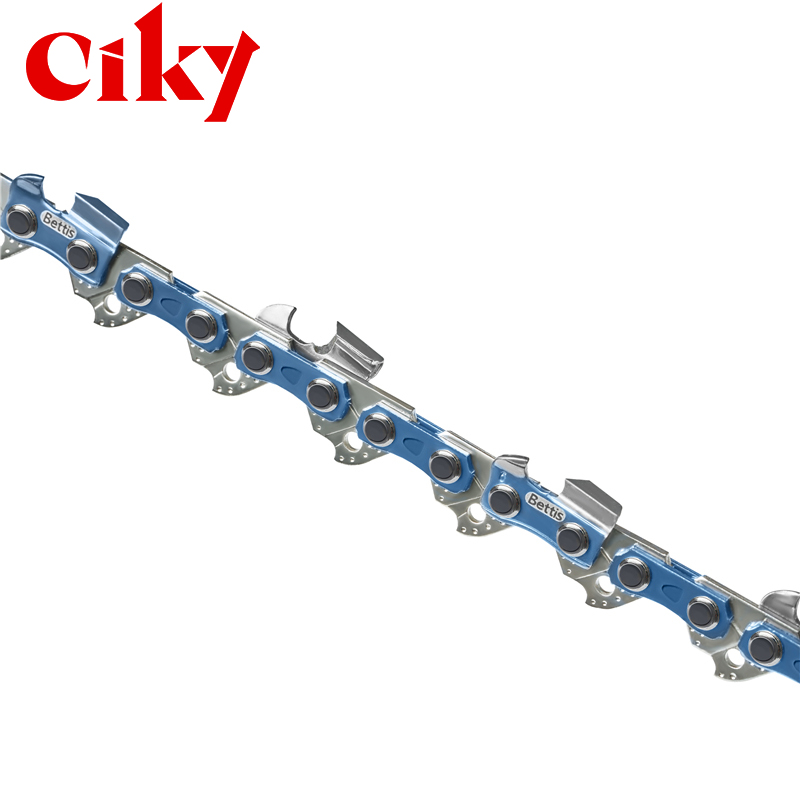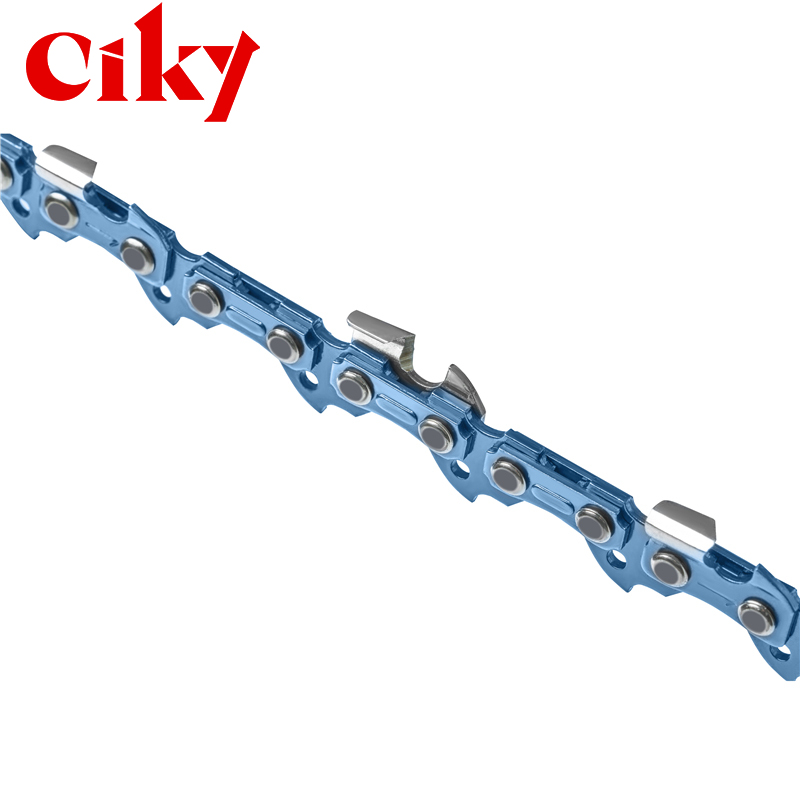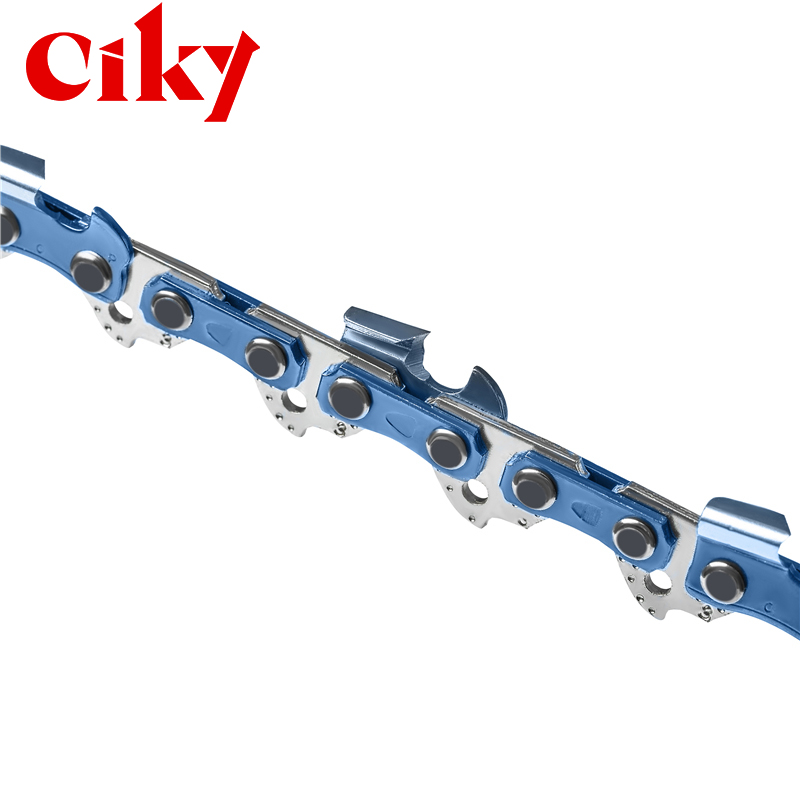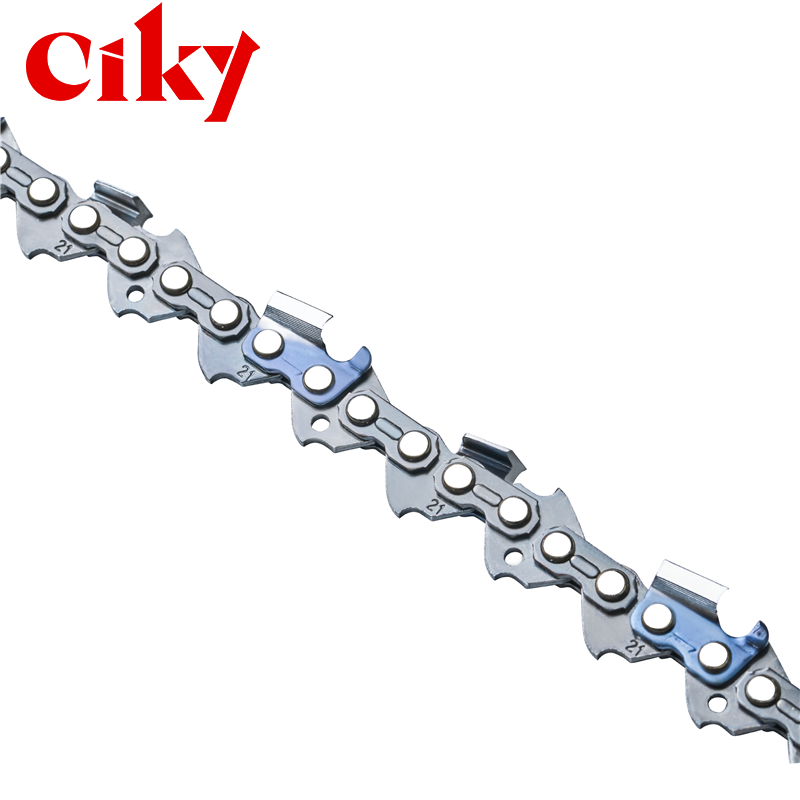Unveiling the Hidden Strength of Low-Profile Chains in Modern Engineering
Author:admin Date:29-09-2023
The Anatomy of Low-Profile Chains
Low-profile chains are a type of roller chain, renowned for their compact design and reduced height compared to standard roller chains. These chains consist of interconnected links, each featuring cylindrical rollers that engage with sprocket teeth. This design allows for smooth and efficient power transmission in a variety of mechanical systems. What sets low-profile chains apart is their slender profile, which makes them ideal for applications where space constraints and precision are crucial.
Automotive Industry
One industry where low-profile chains thrive is the automotive sector. These chains are integral components of timing belt drives, which synchronize the movement of engine components, ensuring precise and reliable engine performance. Low-profile chains contribute significantly to the efficiency and safety of modern automobiles, yet they often operate quietly in the background, out of sight.
Manufacturing and Conveyor Systems
In the bustling world of manufacturing, low-profile chains are workhorses that facilitate the movement of materials and products with precision and efficiency. Conveyor systems, assembly lines, and packaging machines depend on these chains to keep production running smoothly. Their slender profile allows for tight turns and intricate routing, enabling them to navigate complex production environments seamlessly.
Agricultural Machinery
Low-profile chains also find their place in the agricultural machinery sector. In tractors, combine harvesters, and various farming equipment, these chains ensure the synchronized movement of components, contributing to the overall productivity and reliability of farming operations. Their durability and strength are particularly crucial in the demanding conditions of agriculture.
Benefits of Low-Profile Chains
Space Efficiency: The reduced height of low-profile chains allows them to fit into tight spaces and navigate complex pathways, making them indispensable in applications where space is limited.
High Load Capacity: Despite their slim design, low-profile chains boast impressive load-bearing capabilities, making them ideal for heavy-duty applications.
Durability: These chains are typically constructed from robust materials, ensuring longevity and reliability even in harsh operating conditions.
Low Maintenance: Low-profile chains require minimal maintenance, reducing downtime and operating costs, making them cost-effective solutions.

Low-profile chains are a type of roller chain, renowned for their compact design and reduced height compared to standard roller chains. These chains consist of interconnected links, each featuring cylindrical rollers that engage with sprocket teeth. This design allows for smooth and efficient power transmission in a variety of mechanical systems. What sets low-profile chains apart is their slender profile, which makes them ideal for applications where space constraints and precision are crucial.
Automotive Industry
One industry where low-profile chains thrive is the automotive sector. These chains are integral components of timing belt drives, which synchronize the movement of engine components, ensuring precise and reliable engine performance. Low-profile chains contribute significantly to the efficiency and safety of modern automobiles, yet they often operate quietly in the background, out of sight.
Manufacturing and Conveyor Systems
In the bustling world of manufacturing, low-profile chains are workhorses that facilitate the movement of materials and products with precision and efficiency. Conveyor systems, assembly lines, and packaging machines depend on these chains to keep production running smoothly. Their slender profile allows for tight turns and intricate routing, enabling them to navigate complex production environments seamlessly.
Agricultural Machinery
Low-profile chains also find their place in the agricultural machinery sector. In tractors, combine harvesters, and various farming equipment, these chains ensure the synchronized movement of components, contributing to the overall productivity and reliability of farming operations. Their durability and strength are particularly crucial in the demanding conditions of agriculture.
Benefits of Low-Profile Chains
Space Efficiency: The reduced height of low-profile chains allows them to fit into tight spaces and navigate complex pathways, making them indispensable in applications where space is limited.
High Load Capacity: Despite their slim design, low-profile chains boast impressive load-bearing capabilities, making them ideal for heavy-duty applications.
Durability: These chains are typically constructed from robust materials, ensuring longevity and reliability even in harsh operating conditions.
Low Maintenance: Low-profile chains require minimal maintenance, reducing downtime and operating costs, making them cost-effective solutions.


 English
English Español
Español